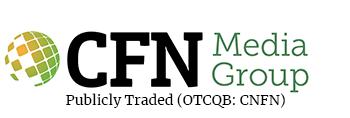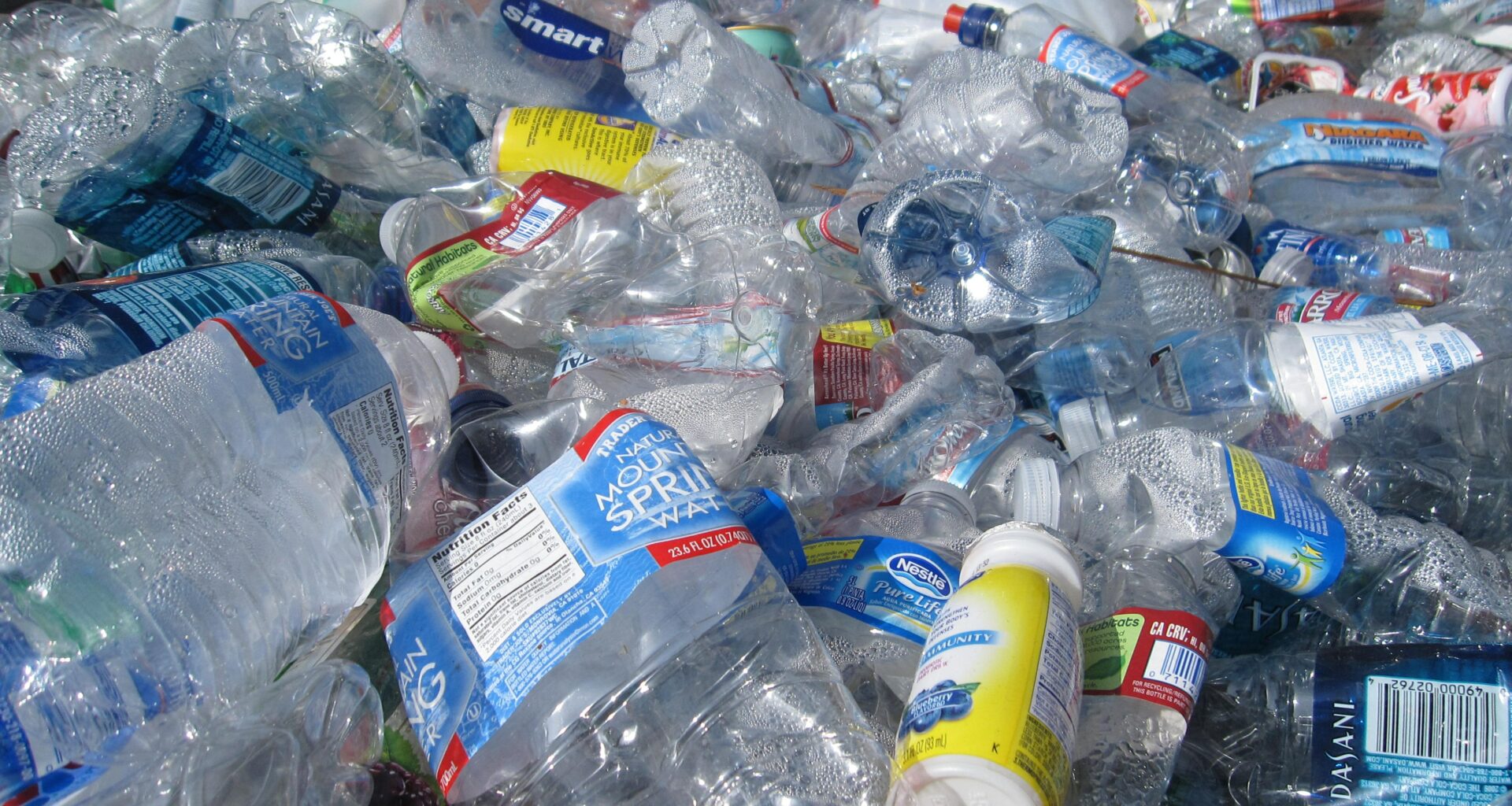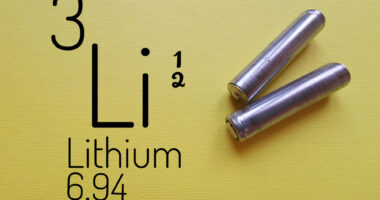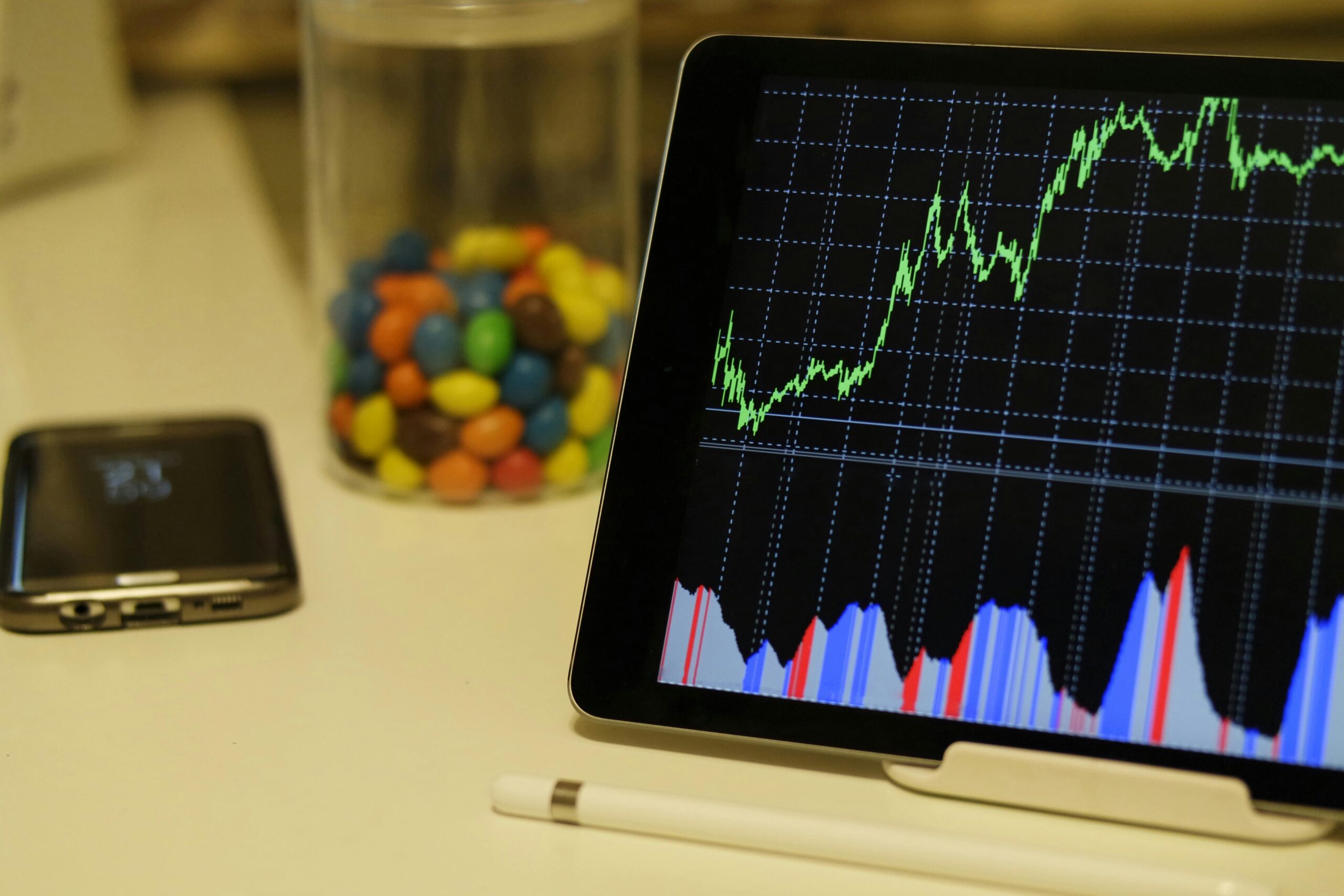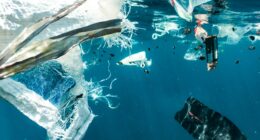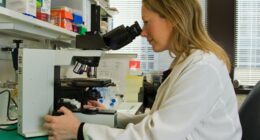Lowering Emissions, Circular Economy the Focus
There is a huge global push, from governments and from industry, to try to solve the enormous problem of plastic waste and pollution. Globabally, less than 10 percent of plastic is currently recycled while plastic production continues to increase. Many countries, and companies that operate within them, are signing on to Plastics Pacts, vowing to make significant headway against the problem by eliminating unnecessary plastic packaging, moving forward with recyclable materials, and pushing toward a 50% rate of recycling – all in the next two years.
It’s an ambitious timeline, especially considering the fact that standard recycling technologies are not capable of effectively or economically processing a majority of the existing types of plastics. In a related but similarly pressing area, the pressure is on to reduce global carbon emissions. A circular plastic economy certainly has the potential to reduce CO2 emissions created by the petrochemical industry, as does the recycling and upgrading of hydrocarbons into sustainable fuels and clean feedstock for recycled plastic production.
A Duke University study found that 72% of the world’s largest 300 companies are committed to reducing plastic waste and working toward a circular economy. Meanwhile, 175 countries are in the process of creating a legally binding agreement, through the UN Environment Programme, to end plastic pollution. The will is certainly there, globally. The recycling technology to this point, however, is not quite up to the challenge.
With time running short and so much on the line, major corporations from all sectors of the industry, from consumer product packagers to big oil companies, are partnering with and investing in smaller tech innovators seeking to advance plastic and hydrocarbon recycling technologies.
Here, we’ll take a look at a few of these public company upstarts and the bets being placed on them.
Procter & Gamble / PureCycle Technologies
Procter & Gamble, one of the world’s largest consumer packaged goods companies, developed a new technology that uses solvents to dissolve polypropylene plastic, remove contaminants, liquefy the remaining polymers, and produce plastic pellets for us in a wide range of products. PureCycle Technologies Inc. (NASDAQ: PCT) was created, in partnership with the tech commercializing firm Innventure, to bring the solution to market.
Polypropylene is known as plastic #5 in the packaging industry, but is also ubiquitous in items like clothing and carpets. Virtually none of it is recycled worldwide, and PureCycle is hoping to have 80 recycling operations worldwide by 2030. Getting there won’t be easy, as the full operation of its initial plant in Ironton, Ohio has been delayed for over two years after the technology was initially tested in a pilot plant. The company recently announced the production of its first pellets from post-consumer recycled feedstock, another important step in the process to securing the rest of the financing and approaching full commercial production at the facility.
Meanwhile, PureCycle is in the early stages (engineering, site planning, financing) of two other projects in the US and three more abroad. Considering the Ironton facility is anticipated to cost between $335 – $360 million before it hits commercial production, it could be a while before those projects come to fruition. PureCycle’s market cap is currently around $1.5 billion in its pre-revenue phase.
Shell / Aduro Clean Technologies
Shell, the world’s second largest investor-owned oil and gas company, selected Aduro Clean Technologies, Inc. (CSE: ACT) (OTCQB: ACTHF) for participation in Shell GameChanger program. The program is designed to speed Aduro’s path to commercialization of its patented Hydrochemolytic™ technology, a water-based chemical process capable of recycling and upgrading almost any type of plastic. Aduro’s process is touted as a less expensive, more efficient, lower emission, and highly scalable solution compared to competing technologies.
Shell has promised investment of both money and expertise to help perfect and advance Aduro’s solution. For its part, Aduro has built its R2 Plastic Reactor, a pre-commercial customer engagement unit designed to demonstrate the technology and test the viability of various feedstocks. Aduro also has agreements in place to build the next generation, an R3 unit on a small commercial scale. The company is at a similar stage of development in applying the same technology to the processing and upgrading of heavy crude oils into lighter more valuable oils.
In terms of plastic, Aduro’s system offers potential advantages over many competitors because it can work with a wide variety of plastic types, as opposed to focusing on just one or two. It also can be deployed on almost any scale from very small to very large, with significantly decreased capital expenditures compared to many of the other companies in the space. Additionally, the company is pursuing a licensing-based revenue model which lessens Aduro’s capital requirements.
One interesting angle here is that Aduro thinks its technology can be complementary to almost any plastic recycling system out there. It can be added to a system mostly focused on one type of plastic to make that site more adaptable to different types of feedstock, for instance. Aduro, like PureCycle, is pre-revenue, but maybe a year or two behind PureCycle in approaching the commercial stage. Aduro currently trades with a capitalization in the $44 million range.
Mitsubishi Chemical Group / Agilyx
One of Mitsubishi’s several core companies, Mitsubishi Chemical Group is an industrial materials and medical company focused on creating technologies that improve the lives of people and the well-being of the planet. The global giant is partnered with Agilyx (OTCQX: AGXXF) (OSE: AGLX) to develop and perfect a heat-based (pyrolysis) recycling solution for PMMA, or acrylic. The material is commonly used as a replacement for glass in windows, smartphone screens, and aquariums among other applications. Agilyx is also applying its process to the recycling of polystyrene, the material used in styrofoam.
At the same time, Agilyx has developed a joint venture with ExxonMobil, among other companies, called Cyclyx International. Cyclyx is focused on maximizing the recovery and sorting of plastic waste to provide feedstock for advanced recycling technologies.
Agilyx is just entering the revenue stage, with a commercial-scale polystyrene facility now operating in Oregon. The company is in the early planning stage of development, in conjunction with two other companies, for a second facility in Illinois. Agilyx reported revenue of about $16 million in FY 2022 in its early commercial phase, and currently trades with a market cap of about $246 million.
The Upshot
If the world is to achieve a healthier, circular economy for plastic and reverse a decades-long trend of increasing plastic waste pollution, recycling technology must be upgraded and implemented at scale. The three companies discussed here all have potential pieces of that technological solution and are in the early stages of development, boosted by investments from and partnerships with large multinational corporations looking to speed the solutions to market. Public company investors may want to follow developments in the space as the pressure from both large corporations and federal governments around the world to implement solutions intensifies. The UN agreement contemplates a 2024 deadline to begin its initiatives, and many companies have been pointing toward 2025. Either way the time is fast approaching, and there is more plastic than ever to be recycled.
image sources
- tanvi-sharma–4bD2p5zbdA-unsplash: Photo by tanvi sharma on Unsplash
